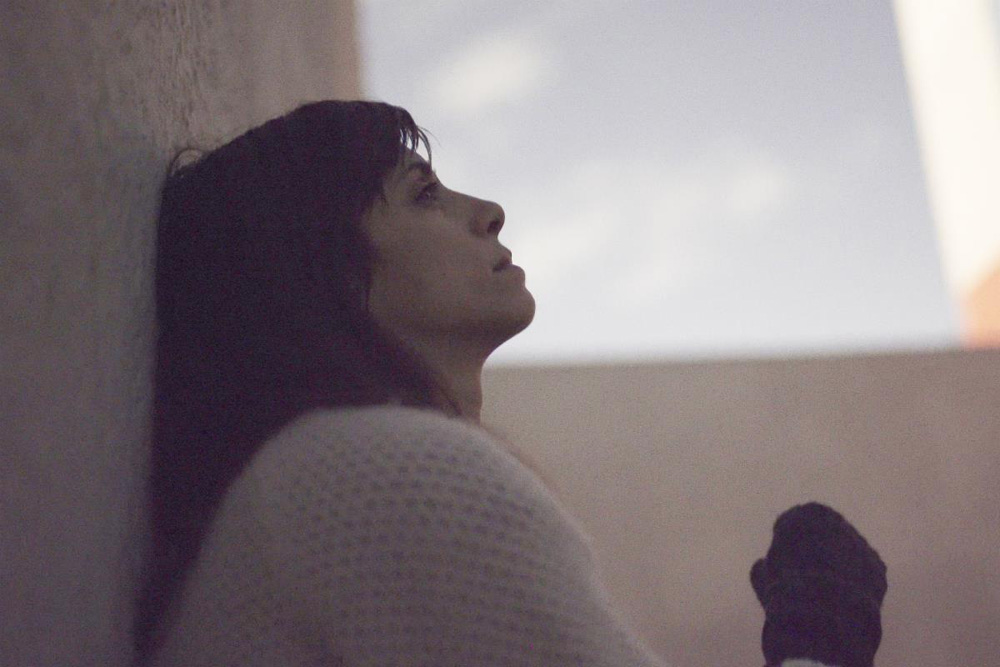“Unlike the certainty of death, legacy is an open question,” Jill Magid says towards the start of “The Proposal,” her beguiling exploration of the historical implications of what happens when art is privatized through a three-year bid to wrestle access from the Swiss conglomerate Vitra to the archives of architect Luis Barragán. Through a strange yet likely common chain of events for those who can afford to buy the copyright of an artist’s work, an archive that includes 13,500 drawings and 7,500 photos that illuminate the evolution of one of Mexico’s most preeminent architects passed from one of his closest confidants, who inherited the collection upon his death in 1988, to a New York-based gallerist who assumed it on consignment, who then sold it to Vitra, who trademarked Barragán’s name and touted plans to make it available to its campus of aspiring architects and keep his legacy alive. Yet 20 years later, Barragán’s archive remains closed with his memory diminished a little more each year as Vitra keeps the collection under wraps and threatening legal action for anyone wanting to highlight his work.
By the pleasant tone Magid takes in writing to Federica Zanco, who oversees the Barragán Foundation at Vitra, which she reads aloud in the opening minutes of “The Proposal,” you’d think relations were cordial between the two, but make no mistake, “The Proposal” is an act of rebellion, not just against Vitra and their ilk (in case you’re wondering why some of your favorite older films never screen at your local rep house, this film proves enlightening), but in artfully responding to a situation usually defined in dollars alone. Finding the middle ground between personal cinematic essay and experiential documentary, Magid creates something singular in expressing her personal frustrations, knowing this purgatory of cultural erasure could one day be where her own work ends up, while allowing the audience to have their own personal experience of Barragán’s work, preserving it in the only way she can – by spending time in the places he’s been where he spent his formative years and his buildings still stand tall, allowing the images to speak for themselves while largely getting out of the way.
To make such a treatment work, cinematographer Jarred Alterman’s compositions considers space the way Barragán might and T. Griffin’s stirring low-key score underlines not only the place, but the culture Magid finds herself in, whether it’s in the warmer environs of Tacubaya, Mexico where Barragán’s smaller personal archive, which remains untouched by Vitra, is housed or the cooler St. Gallen, Switzerland where Magid invites Zanco to an exhibit inspired by Barragán’s work. A bracing formal audacity compliments Magid’s ambitions onscreen, embarking on a scheme that Sacha Baron Cohen or Nathan Fielder would be envious of as “The Proposal” wears on, with a perversely logical plan, absurdly meticulous in detail to match the absurdity of the circumstances, to convince Zanco to allow her access to the archive. Magid disarms with her intimate use of her voice, relaying her correspondence with Zanco where her earnest requests are met with gently condescending responses, bringing a knowing grin to anyone who’s had to deal with a bureaucracy operating with empty diplomacy to avoid true interaction, and when combined with the slight sense of aesthetic abstraction, she gorgeously conveys the inherently personal nature of her quest and the sense that what she’s after is far more intangible than just some boxes of photographs and drawings. However, even if it’s the fear of being forgotten that drives her, she’s made a film in “The Proposal” that’s impossible to shake.
“The Proposal” does not yet have U.S. distribution. It will play at the Tribeca Film Festival on April 24th at 5:45 pm at the Cinepolis Chelsea and April 25th at 8 pm at the Regal Battery Park. It will next play at the Sheffield DocFest on June 10 and 11.




